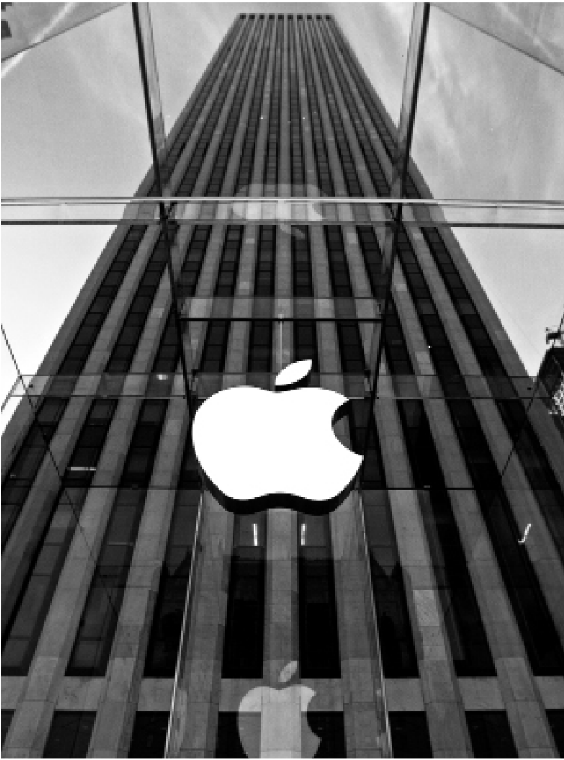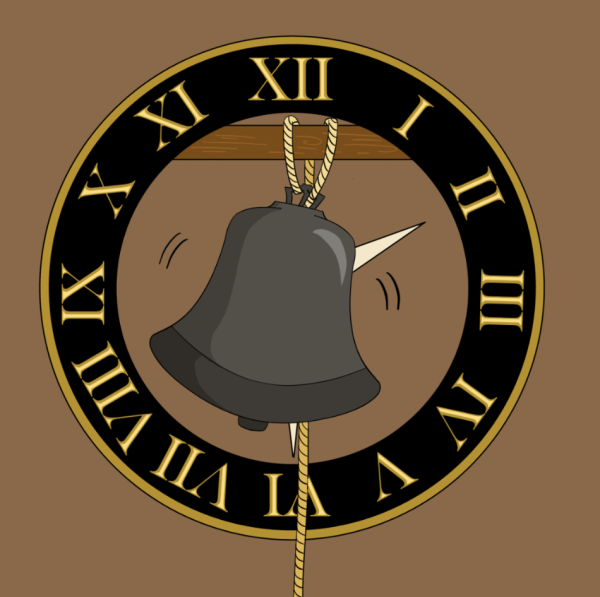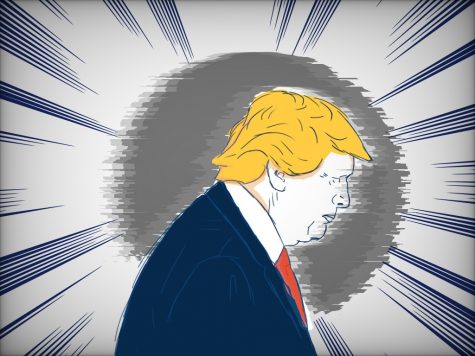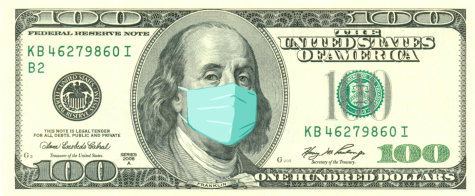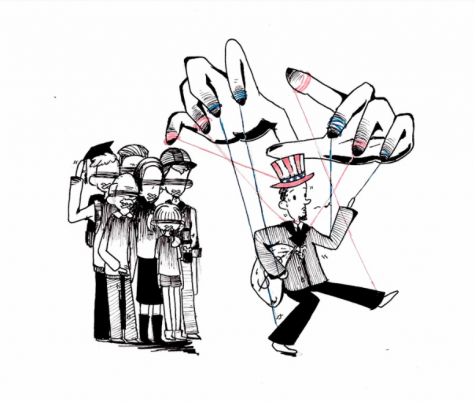Security or Liberty?
The FBI’s Bad Apple
An Apple store.
With the battle between the FBI and Apple finally over, we look back at it and realize that along with the battle in the courts between the two parties, with the former demanding that the tech giant unlock the the San Bernardino terrorist’s iPhone, there was also a public relations battle. A poll conducted by the Pew Research Center showed 51 percent of those surveyed supported unlocking the phone, while 38 percent were against it. This shows that public opinion was widely split, but why was this such a polarizing topic?
It didn’t help much with both parties sticking to their respective arguments and not acknowledging that the outcome would have impacted both the privacy and safety of the public. Apple put forth a strong claim in the favor of privacy while the government claimed it was just trying to do justice by unlocking the iPhone of a terrorist.
For this legal battle, in which the court of public opinion played a very crucial role, such polarizing positions were to be expected. We heard even more polarizing statements on Monday the 21 of March as Apple announced its latest product updates. For example, Apple’s CEO Tim Cook stated: “We need to decide as a nation how much power the government should have over our data and over our privacy.”
Unfortunately, there were technical aspects that made this a complex topic. Apple claimed it could not unlock the terrorist’s iPhone without threatening the privacy of all its customers, because developing the software to unlock the San Bernardino terrorist’s iPhone could potentially be used to unlock other iPhones. The government however claimed that Apple could develop the software and then easily destroy it.
So who was right? The answer to that and the reason that public opinion was so split was: both. If Apple created the software to unlock the iPhone, there was the risk it could be stolen or used for other purposes. But this risk, no matter how Apple spun it, was not high enough. Apple is a master at keeping its operating systems closed, proprietary, and secure. They also master processes to ensure confidentiality; its innovations prior to launch are one of the best kept corporate secrets in the world. Yes, there is always a risk that hackers could have gotten past Apple’s securities and stolen the software but considering their track record it seemed very unlikely. The other risk was that the governments could use this case as a precedent to demand Apple and other providers decrypt cell phone content.
It was a reasonable and valid position by any justice system—to be able to access the digital trail left by criminals, because once they are criminals, they lose their rights to digital privacy, just as physical privacy is lost with home search warrants. But at the same time, perhaps the most valid argument against unlocking the iPhone was that it would likely set a precedent for governments to demand decryption of cell phone content for more sinister purposes.
Ultimately, there was no easy answer. Yet, an outcome in favor of unlocking cell phones would have set a precedent for the violation of privacy for malicious purposes. It really was a tough problem to solve with no simple answer. So maybe it was for the best that this legal and public opinions battle came to an end with the FBI purchasing “a tool ” to unlock the San Bernardino iPhone 5C, and although nobody elected Tim Cook to protect our privacy, maybe we should be glad that he is doing just that.


